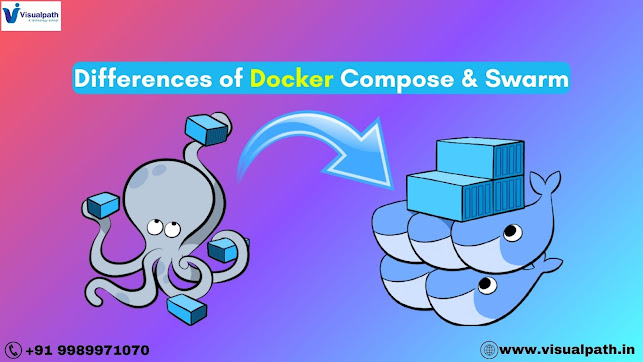The Role of Kube-APIserver in Kubernetes

The kube-apiserver holds an irreplaceable position, acting as the central component for managing and securing communication within a cluster. As one of the key control plane elements, its primary function revolves around exposing the Kubernetes API. Without the kube-apiserver, users and various components would not be able to interact with the cluster or access its resources. This article explores the vital role of the kube-apiserver, explaining its significance in Kubernetes architecture and how it contributes to a smooth operational environment. Docker and Kubernetes Training What is the Kube-APIserver? The kube-apiserver is the front-end for the Kubernetes control plane. It is a RESTful API server that handles the interaction between Kubernetes components and the outside world. When users, applications, or other services want to interact with a Kubernetes cluster, the kube-apiserver acts as the gateway to initiate and manage these requests. Whether the ...
.jpg)


